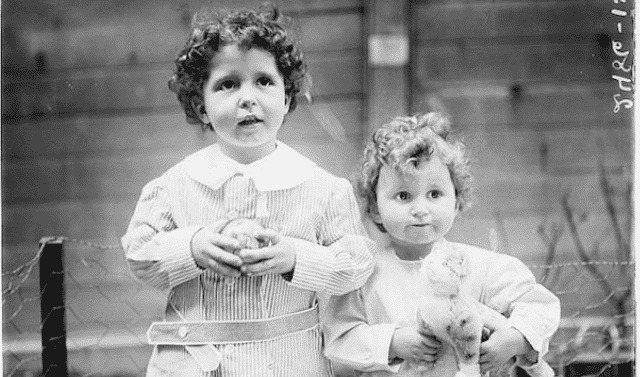
Once you’ve discovered an adoption, should you continue tracing the adoptive family or the biological family? Which ones are really your ancestors? Emily Anne Croom, author of Unpuzzling Your Past, 4th edition (Betterway Books), says the biological line is considered your “real” genealogy — but there’s no right or wrong practice for your situation. You should do what makes you (perhaps in consultation with family members) feel comfortable.
What are your research goals? If you want to record your family health history, determine your ethnic makeup or join a lineage society, you’ll need to research your biological line. Some researchers, however, go with the adoptive family because that’s the closer emotional relationship, or because information is more readily available. You also could choose to research both families.
Either way, Croom advises clearly recording in your research notes and on your pedigree charts whether a relative belongs to a biological, adoptive or even stepfamily line.
Most importantly, be prepared for upsetting discoveries you might dig up. Be sensitive to other family members and avoid publicizing controversial information that involves a living person.
From the February 2007 issue of Family Tree Magazine.



